EDITORIAL
Published on 23 May 2024
Editorial: Neuroimmune cell signaling in COVID-19
doi 10.3389/fimmu.2024.1429908
- 942 views
8,517
Total downloads
30k
Total views and downloads
Select the journal/section where you want your idea to be submitted:
EDITORIAL
Published on 23 May 2024
ORIGINAL RESEARCH
Published on 20 Sep 2023
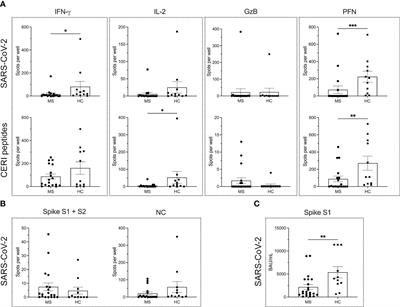
ORIGINAL RESEARCH
Published on 16 Jun 2023
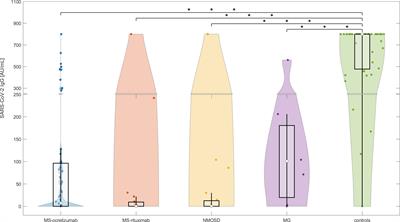
BRIEF RESEARCH REPORT
Published on 11 Apr 2023
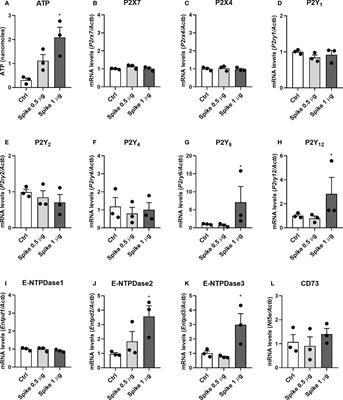
REVIEW
Published on 15 Feb 2023
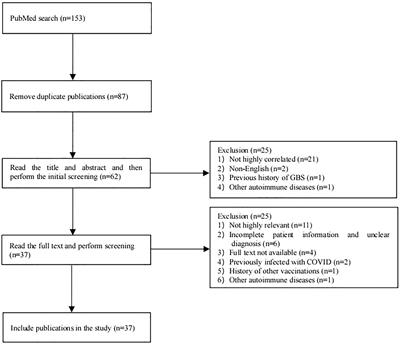
ORIGINAL RESEARCH
Published on 23 Dec 2022

MINI REVIEW
Published on 17 Oct 2022
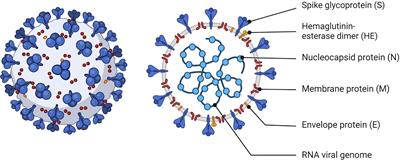
CASE REPORT
Published on 18 Jul 2022


Frontiers in Neurology